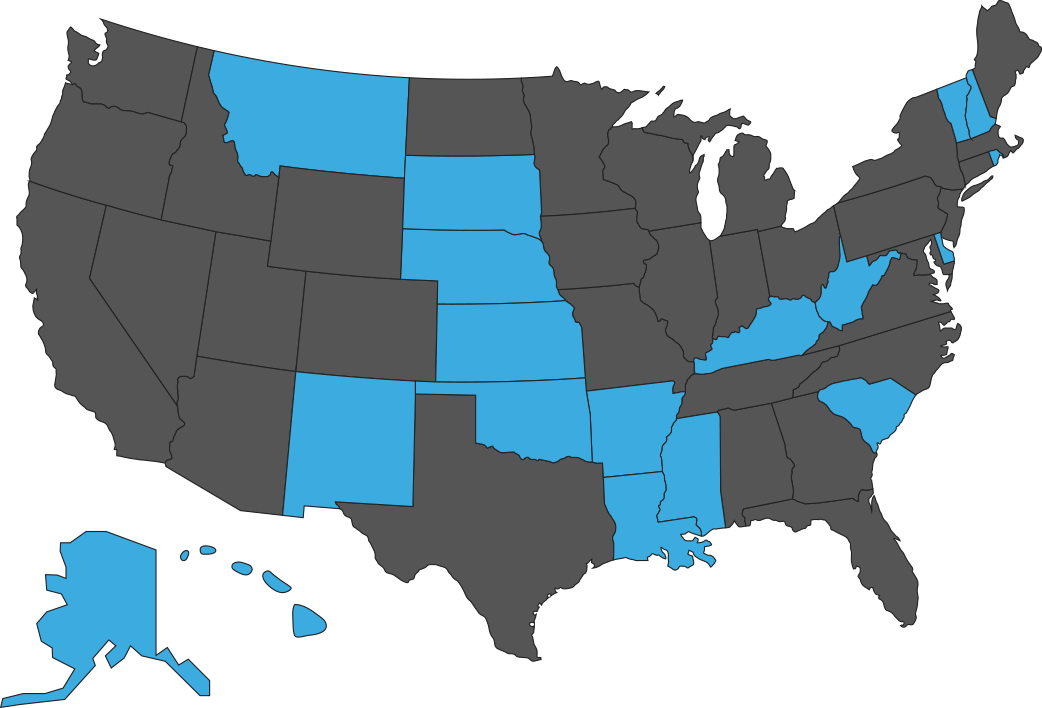Upon completion of this module, participants will be able to:
Describe the relationship between human cognition and data visualization design theory and principles.
Critique existing data visualizations based on design theory and principles.
Apply appropriate design principles in the creation of data visualizations.
References
Lucente, Lisa & Unnikrishnan, Archana & Pilling, Amanda & Patel, Hiral & Kushwaha, Deepa & Dombkowski, Alan & Schmelz, Eva & Cabelof, Diane & Heydari, Ahmad. (2010). Folate Deficiency Provides Protection against Colon Carcinogenesis in DNA Polymerase Haploinsufficient Mice. Journal of Biological Chemistry – J BIOL CHEM. 285. 19246-19258. 10.1074/jbc.M109.069807.
Storytelling with data – sincxpress.com
https://cognitiontoday.com/2019/02/cognitive-load-theory-definition-types-and-applications-for-learning-guest-post/#Intrinsic_Cognitive_Load
YouTube – (https://youtube.com/watch?v=rBioGAd0XWc)
https://world-learning-hub.com/three-types-cognitive-load/
https://www.ncbi.nlm.nih.gov/pmc/articles/PMC3457081/pdf/fpsyg-03-00355.pdf
Iconic memory is thought to last only a few 100 ms after perception and is often considered automatic (Neisser, 1967; Coltheart, 1980).
Visual working memory, on the other hand, is considered a more effortful process that tends to last many seconds and requires active maintenance of information (Pasternak and Greenlee, 2005; Awh et al., 2006; Fougnie, 2008).
https://worldofappsychology.weebly.com/psych-terms-i-l.html
https://pixabay.com
Speaker(s): Martina Clarke, PhD; Alicia Schiller, PhD
Speaker(s) Bio
Dr. Martina Clarke is an Assistant Professor in the School of Interdisciplinary Informatics at the University of Nebraska Omaha. Her research areas include: user-centered design, usability evaluations of health information technology, needs assessment, and clinical workflow analysis. In other words, her research is focused on integrating information technology into healthcare in a way that does not negatively impact clinicians and patients. Dr. Clarke’s research also focuses on reducing documentation burden among care providers, specifically, shared living providers and other direct support professionals.
Dr. Alicia Schiller is an Assistant Professor, UNMC Department of Anesthesiology and Director, Combat Casualty Medicine, Nebraska Medicine. She completed an undergraduate BS of Science from the University of Nebraska Omaha and a graduate Doctorate of Physiology from the University of Nebraska Medical Center, Omaha, Nebraska.
DCOC Contact Information
Catrice Banks-Johnson
Email: crbanksjohnson@uams.edu
DeAnn Hubberd
Email: DEHubberd@uams.edu


